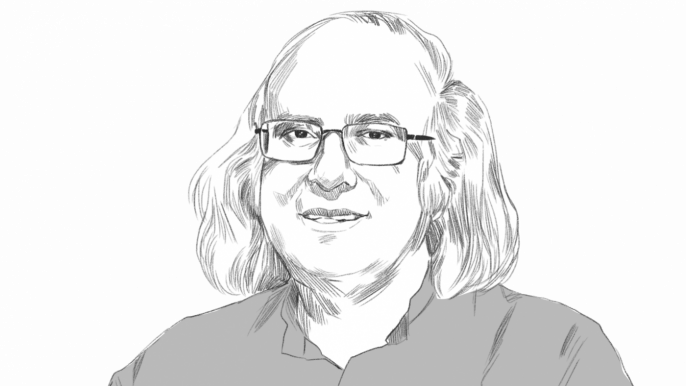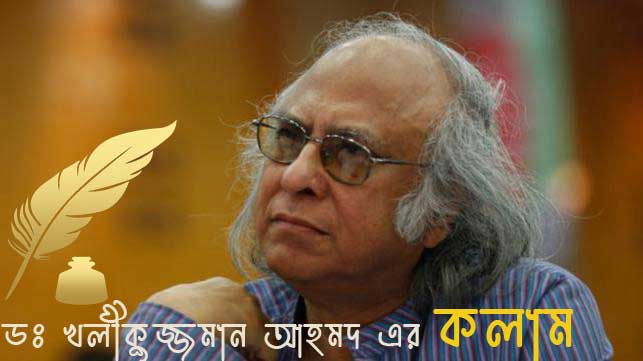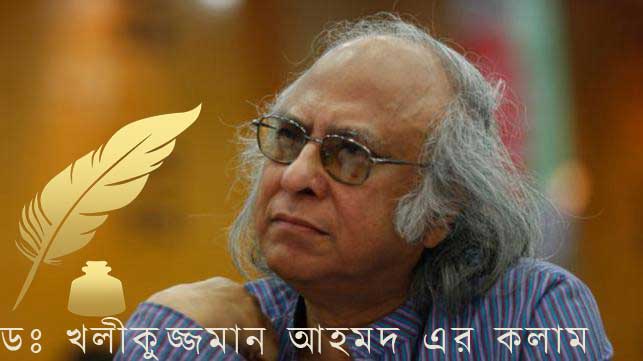Title: Realising the vision of a tobacco-free Bangladesh by 2040
(The Business Standard, January 10, 2023) Bangladesh is lagging behind its South Asian peers in controlling the production and consumption of tobacco. Given this reality, the health ministry’s recent initiative to amend and strengthen the existing tobacco control laws is a welcome move.
The dwindling figures of the prevalence of tobacco use in North America and EU region indicate that tobacco’s days in the Global North are numbered.
With growing awareness regarding tobacco consumption related health risks and stringent tax regime and other policy measures, cigarette smoking reached its lowest level among adults (12.5%) in 2022 in the US.
Sweden managed to curb its share of daily smokers to as low as 6.4% among adults in 2019. France, once known as ‘Europe’s chimney’ due to the heavy tobacco consumption by its citizens, saw over one million people give up tobacco in 2018.
Currently, nearly 80% of the world’s smokers reside in low-income countries, sharing the larger burden of tobacco-induced deaths, diseases, and negative economic and non-economic impacts.
Unfortunately, with 35.3% of its adults (15 years of age and above) hooked on tobacco products, Bangladesh is lagging behind even its South Asian peers. Given this reality, the health ministry’s recent initiative to amend and strengthen the existing tobacco control laws is a welcome move.
Bangladesh has multifaceted obligations to adopt necessary measures to rein in the menace of tobacco. Article 18(1) of the Constitution enshrines ‘the improvement of public health as one of the fundamental principles of state policy’. Article 31 recognises the protection of the right to life as a fundamental right. Rampant tobacco use falls foul of these constitutional requirements.
Bangladesh’s constitutional obligation to move against tobacco has been strengthened by Prime Minister Sheikh Hasina’s commitment to building a tobacco-free country by 2040. Means of implementation of 3a of SDG-3 (good health and well-being) also calls for control of tobacco.
All such obligations are further reinforced by Bangladesh’s status as a party to the WHO Framework Convention on Tobacco Control (WHO FCTC), a global public health instrument that the country ratified in 2004.
The Tobacco control law amendment proposals of MoHFW (Ministry of Health and Family Welfare) have been drafted in a manner that would purposefully address these obligations and also to incorporate tobacco control-related global best practices in the country’s public health policy regime.
As recently reported in the media, the ongoing amendment initiative has already drawn the ire of the tobacco industry of Bangladesh.
According to media reports, British American Tobacco Bangladesh (BATB) wrote a letter on 25 August 2022 to the Large Taxpayers Unit (LTU) of the National Board of Revenue (NBR) wherein it claimed that the “impractical and unimplementable” amendment proposals of the health ministry would threaten Tk30,000 crore revenue earning of the government.
The company also claimed the amendments, if adopted and implemented, would flood the internal tobacco market with counterfeit products, causing further loss of revenue and livelihood.
It is often noticed that assigning random figures as economic costs of adopting even the most basic measures to safeguard public health is a widely used tactic of the tobacco industry.
The opportunity for a state to earn revenue is often presented as an attractive option, even though that is in contradiction to the responsibility of the state to protect its citizens’ lives and health.
The revenue earning of Tk30,000 crore, as mentioned in the letter, comes at the expense of 161,000 lives, claimed each year by tobacco use. Tobacco is currently the fourth major contributing factor to premature deaths in Bangladesh.
According to a study conducted jointly by PROACTT (a collaboration of American Cancer Society and Cancer Research UK), Bangladesh Cancer Society, and the Department of Economics, the University of Dhaka, “tobacco-induced deaths and diseases alone cost the economy of Bangladesh around Tk305.6 billion ($3.61 billion) a year, which was equivalent to 1.4% of its national GDP in the year 2017-18.”
The economic cost of tobacco use, as shown in the study, is much higher than the revenue the tobacco industry generates. While tobacco companies always tend to take credit for the revenue it generates, one should keep the fact in mind that the lion’s share of its so-called contribution to the government exchequer comes from the consumers’ pockets as indirect taxes.
Apart from the yearly death toll and medical expenditures at the present time, tobacco is also threatening the interests of the future generations of Bangladesh. Tobacco cultivation is responsible for around 31% of yearly deforestation in Bangladesh.
To cure tobacco, about 85,000 tons of fire woods are collected from the forest hills of just three upazilas of Cox’s Bazar and Bandarban, which leaves the local population extremely vulnerable to natural disasters.
Due to the rapid expansion of tobacco cultivation, Bangladesh now ranks 14th in the world on the basis of the area used for tobacco cultivation and 12th for tobacco production in quantity. Tobacco is at the forefront of the scramble for 37.6 million acres of arable land in Bangladesh.
Also, tobacco requires significantly more fertilisers and pesticides compared to rice cultivation and thus quickly lowers the fertility of land mass.
In addition, government subsidised fertilizers are also widely used to cultivate tobacco. The trail of destructions caused by tobacco cultivation goes beyond the loss of food crops as the agrochemical residues from nearby tobacco fields are now threatening the ecological balance of, for example, the Halda river basin, the one and only natural carp breeding sanctuary in Bangladesh.
From the production of leaves to waste disposal, there is a wide array of detrimental effects that put tobacco at odds with our aspirations as a nation of healthy people.
At the same time, one can easily understand what prompts a multinational tobacco company to present such flimsy logic in support of its business, so injurious to public health.
For them, the purpose is the money that is there to be made. But a state is not a corporation and it should not measure the value of people’s lives in terms of money.
Industries such as tobacco thrive taking advantage of myopic vision of certain policymakers. So, the much-awaited amendment initiative must not go ‘ashtray’ due to persistent opposition from the tobacco industry.
Indeed, effective tobacco control in the context of the vision of tobacco free Bangladesh by 2040 is also an essential perquisite for the country’s sustainable development.
Qazi Kholiquzzaman Ahmad is an economist, and convener at the national anti-tobacco platform
Disclaimer: The views and opinions expressed in this article are those of the author and do not necessarily reflect the opinions and views of The Business Standard.
News link: https://www.tbsnews.net/thoughts/realising-vision-tobacco-free-bangladesh-2040-531418



